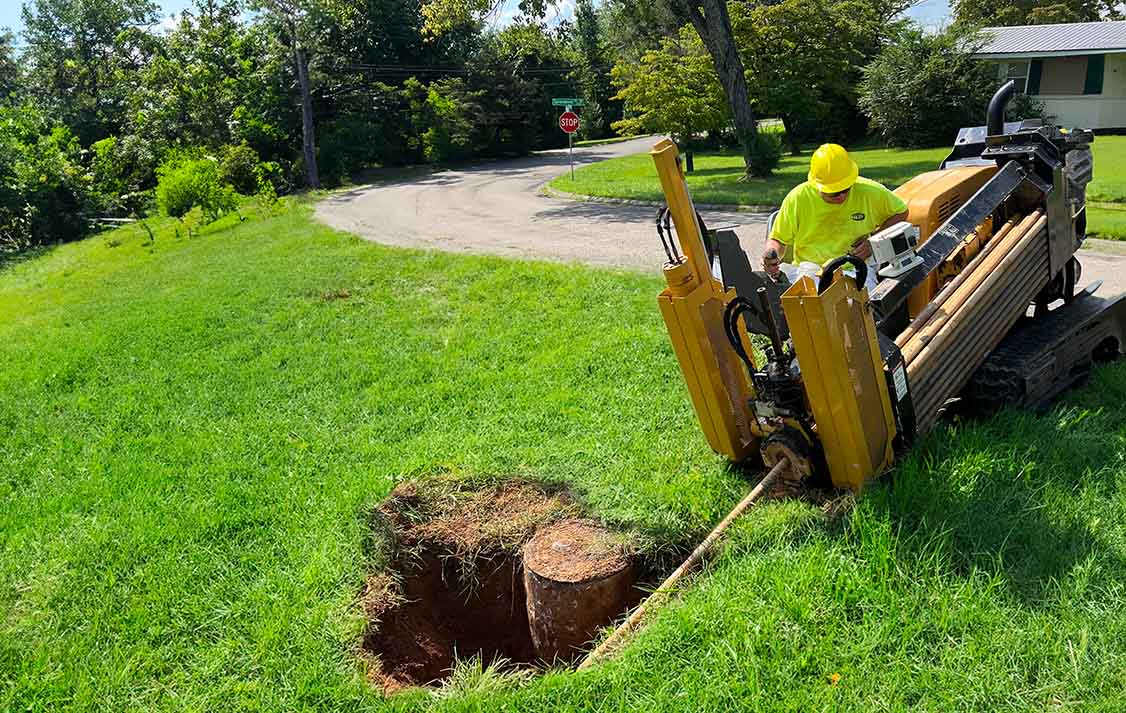- HEP
- Overflowing Toilet

 Overflowing Toilet
Overflowing Toilet
Overflowing Toilet | Emergency Plumbing | Plumbing | Jonesborough
When an overflowing toilet throws your day into chaos, you need swift and reliable help as soon as possible. That’s where HEP comes in—ready to tackle clogs, leaks, and any unexpected gush of water that threatens to flood your home in Jonesborough. With our skilled team on your side, you can regain peace of mind knowing every plumbing component is thoroughly inspected and working as it should.
From minor fixes to full-scale repairs, HEP understands the urgency of every situation that warrants emergency plumbing attention. Our friendly experts arrive prepared with the right tools and solutions, quickly resolving the problem before it escalates into a bigger (and costlier) ordeal. If you're looking to restore order to your home without delay, reach out to our dedicated team for a prompt, professional response.
FAQs
What should I do first if my toilet is overflowing?
The first step is to turn off the water supply to the toilet. You can usually find a shut-off valve on the wall behind the toilet. Turning this valve clockwise will stop more water from flowing into the bowl. Next, shut off the main water supply if you can’t locate the toilet’s shut-off valve. Once the water is off, place towels around the base of the toilet to soak up any overflow, and then call a professional plumber for assistance.
Why does my toilet keep overflowing even after I turn the water off?
If water continues to rise in the bowl after turning off the water supply, it often indicates a deep blockage in the drain line. This could be caused by items lodged in the pipe or an issue with the sewer line. In such cases, a plunger alone may not be enough. A professional plumber can use specialized tools like augers or hydro-jetting equipment to clear the clog and prevent further overflows.
How quickly can an emergency plumber arrive in Jonesborough?
Most emergency plumbing services in Jonesborough aim to arrive as soon as possible—often within an hour or less. Timeliness is crucial when dealing with an overflowing toilet to minimize water damage. When you call, describe the urgency of the situation so the plumber can prioritize your service.
Is there anything I can do to unclog the toilet on my own?
Yes, you can try a few steps before calling a professional. First, use a plunger designed for toilets (with a flange) to create a tight seal and generate sufficient suction. If that doesn’t work, you might try a toilet auger to break up or retrieve the clog. However, if these attempts fail or if wastewater is backing up into the home, it’s best to contact a licensed plumber for help.
How can I prevent my toilet from overflowing in the future?
Preventive maintenance is key. Never flush items like wipes, paper towels, or other non-flushable materials down your toilet. Regularly inspect the components inside the tank, such as the fill valve and flapper, for wear and tear. Address minor leaks or slow drains promptly to avoid more costly problems. Additionally, scheduling routine plumbing inspections can help identify and solve smaller issues before they lead to an overflow.
Will an overflowing toilet cause permanent damage to my bathroom floor and walls?
Water damage can become permanent if not addressed quickly. When water spills onto the floor, it can seep into tile grout, subflooring, and even the walls, causing issues like mold, warping, and staining. The longer the water remains, the greater the risk. Prompt action—such as soaking up standing water with towels and using fans or dehumidifiers to speed up drying—combined with professional plumbing repairs, can prevent or minimize lasting damage.